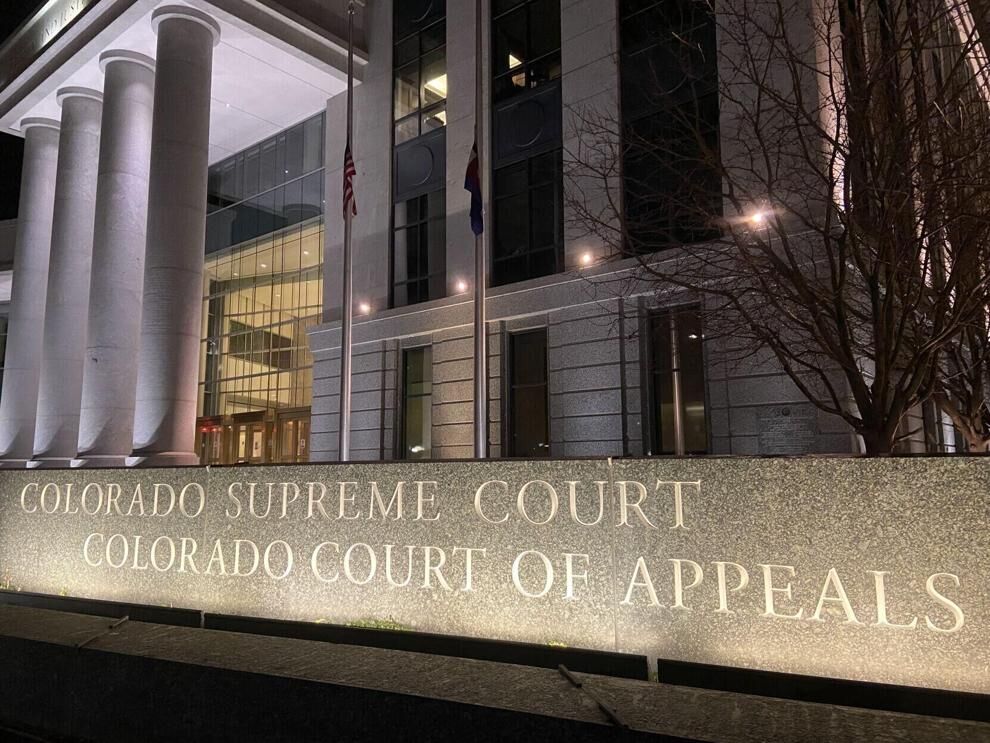Colorado appeals court endorses, in effect, re-sentencing scheme previously deemed illegal

Colorado’s second-highest court on Thursday ruled that people serving sentences the Supreme Court recently deemed illegal can be resentenced to serve, effectively, the same problematic punishment.
In 2019, the state Supreme Court handed down Allman v. People, concluding lawmakers did not give judges the authority to sentence defendants to probation in addition to prison and parole in a single case. Because probation is an alternative to incarceration, prison-plus-probation sentences were illegal.
Bradford Wayne Snedeker was one of those serving an illegal sentence after his 2015 conviction in Boulder County for securities fraud. He received four years in prison, plus 20 years of probation. Around the time the Supreme Court decided Allman, Snedeker had already completed his prison sentence and stood accused of violating his probation.
Chief Judge Ingrid S. Bakke resentenced Snedeker, imposing 20 years of probation again with four years’ credit for his prison term. Although the new sentence was slightly shorter than the original, Snedeker’s attorney objected that it was still a prison-plus-probation sentence that violated Allman.
It cannot comply with Allman, wrote attorney K.L. Penix in Snedeker’s appeal, for a person to be resentenced solely to probation after he has already served prison time, as “the practical effect of the sentence is exactly the same.”
Case: People v. Snedeker
Decided: June 1, 2023
Jurisdiction: Boulder County
Ruling: 3-0
Judges: Jerry N. Jones (author)
Stephanie Dunn
Katharine E. Lum
Background: Justices consider ramifications of declaring sex offender sentences illegal
A three-judge panel for the Court of Appeals disagreed. Resentencing someone in Snedeker’s shoes could be a net benefit for the defendant or potentially impose a less-desirable punishment, wrote Judge Jerry N. Jones in the June 1 opinion. In Snedeker’s case, he received a new sentence entirely that was shorter overall and did not technically have a prison component.
“Under these circumstances, the entire original sentence is void,” Jones wrote, “and the proper remedy isn’t ‘lopping off’ the probation sentence – the proper remedy is resentencing and imposing a legal sentence.”
The appellate panel also concluded it was not illegal for Snedeker to be serving a probationary sentence in his securities fraud case at the same time he was sentenced to prison for a different criminal matter.
Two years ago, a divided Supreme Court recognized an exception to its Allman decision for sex offenses, declaring prison-plus-probation lawful for that category of crimes only.
The case is People v. Snedeker.













